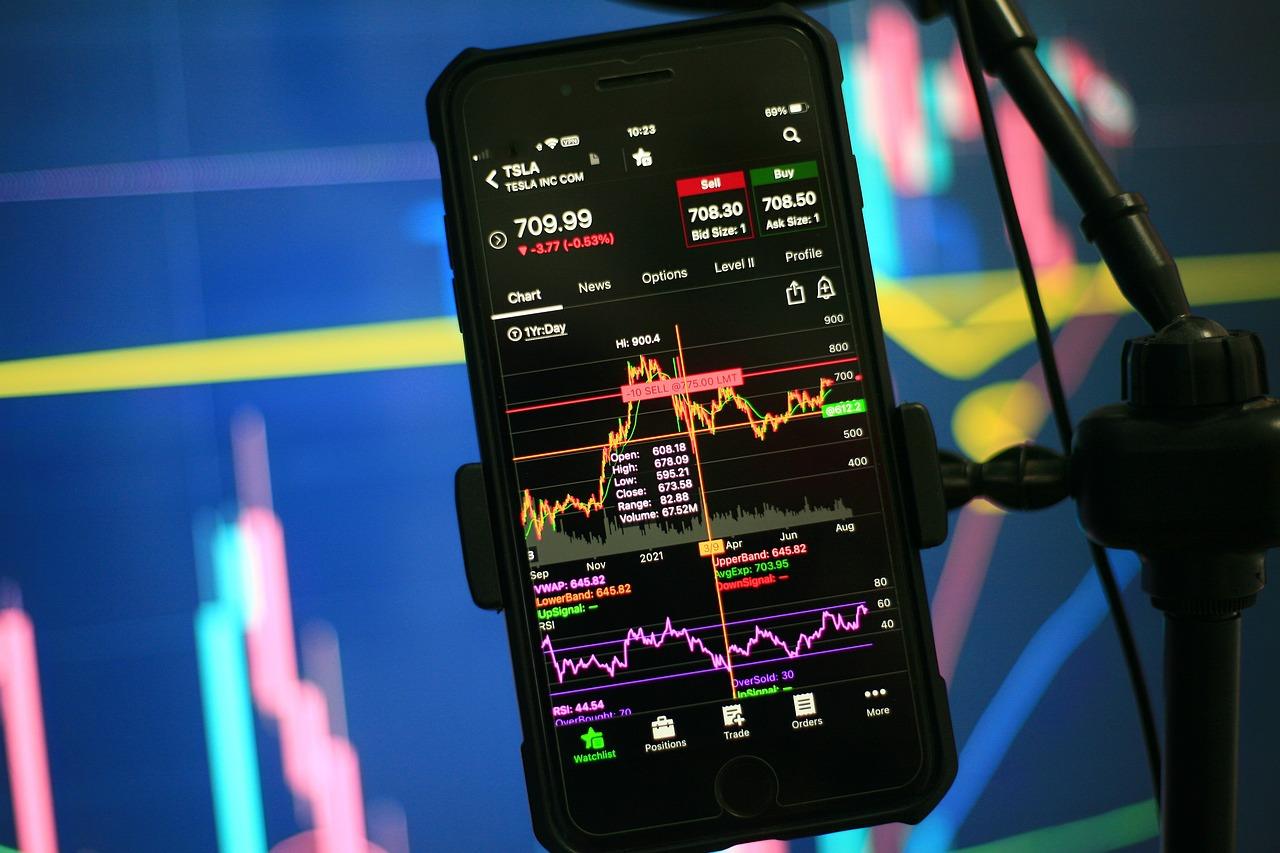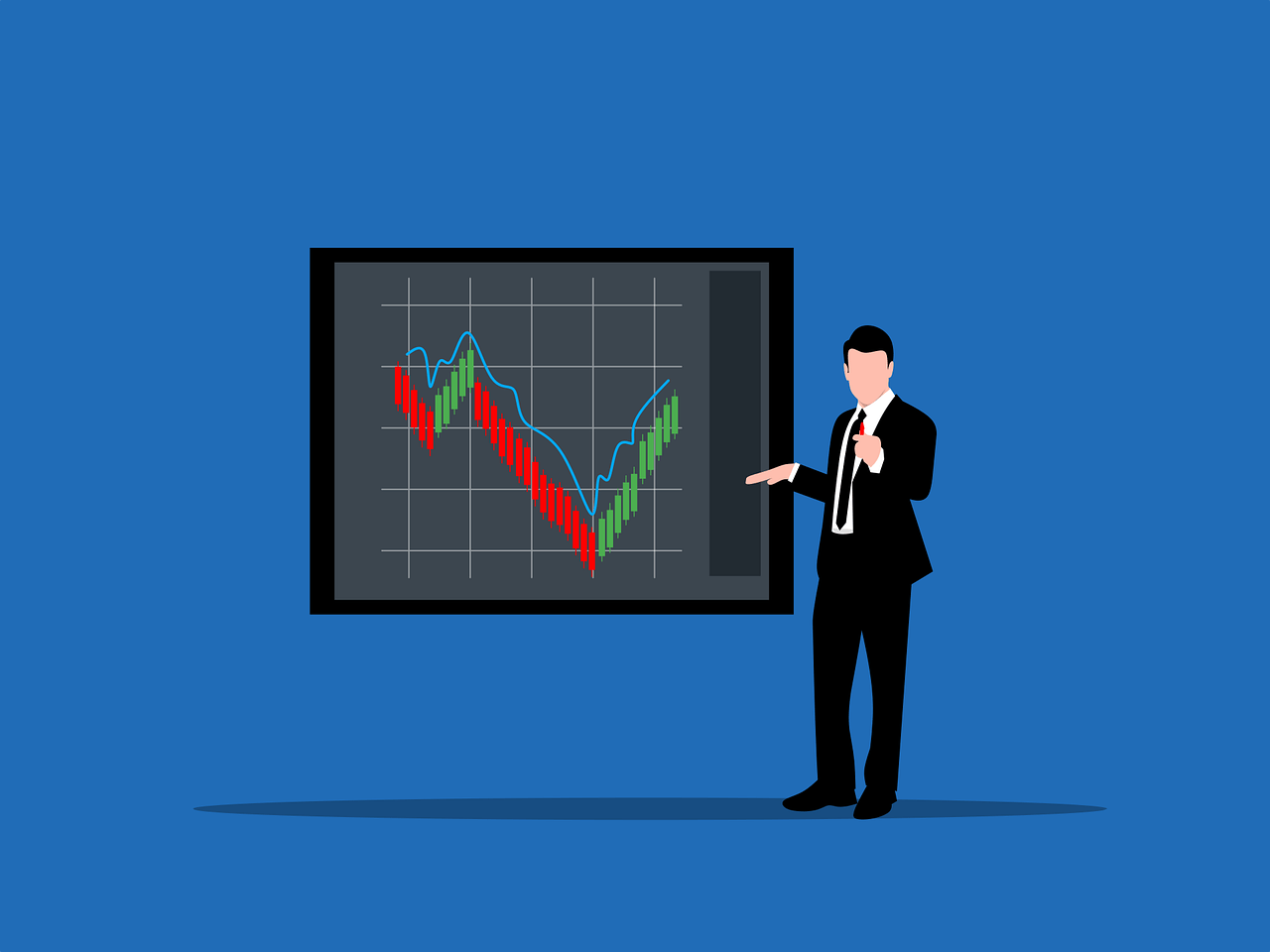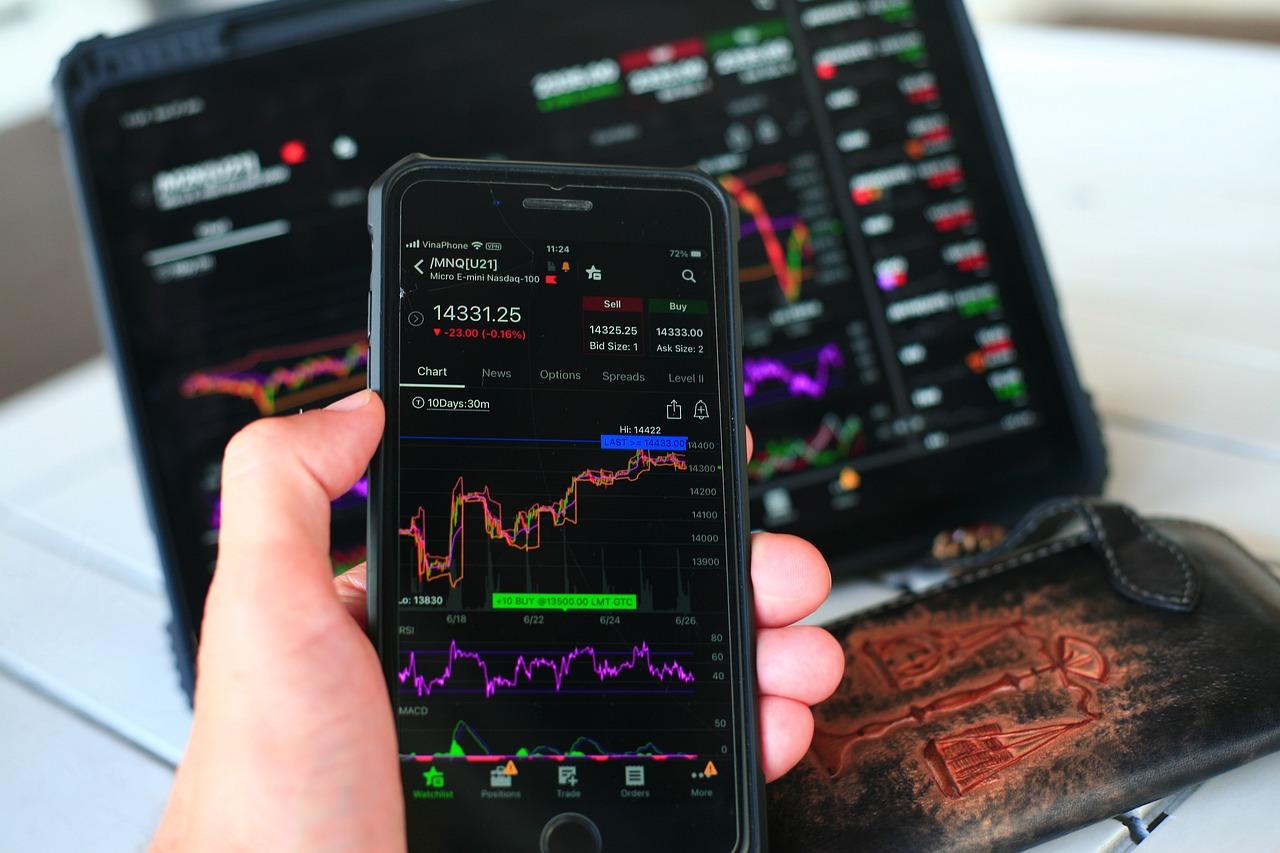
Title: Mastering Market Psychology: How Traders Can Win the Inner Game
In the world of trading, charts and indicators are only half the battle. The real war is often fought within — in the minds of traders. Market psychology, the ability to manage emotions and make logical decisions under pressure, is what separates average traders from the consistently profitable ones.
Emotions Are the Silent Killer of Profits
The two most powerful emotions in trading are fear and greed. Fear causes traders to exit trades too early or avoid taking trades altogether. Greed pushes them to over-leverage or hold positions for too long. These emotions are natural, but when left unchecked, they wreak havoc on even the best trading strategy.
Successful traders recognize these emotions not as enemies, but as signals — cues to pause, reflect, and act with discipline. The ability to stay calm in the face of volatility, to follow a trading plan no matter what the market throws at you, is what builds longevity.
The Power of a Trading Routine
Every trader needs a routine that anchors them — a structure that turns chaos into clarity. This includes:
-
Morning market prep
-
Reviewing economic news
-
Analyzing technical levels
-
Setting clear daily goals
-
Journaling trades for post-analysis
Routines build discipline. And discipline builds consistency.
Risk Management Is Psychological Management
Risk management isn’t just about position size or stop-losses — it’s about emotional control. Traders who over-risk are often chasing losses or acting out of desperation. On the other hand, traders who consistently follow sound risk parameters are thinking long-term.
A good rule of thumb: never risk more than 1–2% per trade. It’s not about hitting home runs; it’s about surviving the losing streaks and capitalizing on winning periods.
The Role of Confidence and Self-Belief
Confidence in trading doesn’t come from wins — it comes from knowing your process works. You gain this confidence by testing your strategy, sticking to it through ups and downs, and refining it through data.
Self-belief is essential. The markets are brutal. They will test your patience, your ego, and your identity. Only traders who truly believe in their method and themselves can endure and succeed.
The Trading Journal: A Mirror to Your Mind
One of the most underrated tools is the trading journal. Not just to log trades, but to record thoughts, emotions, and decisions. Over time, you start to notice patterns — what triggers revenge trades, what happens after a big win, what emotions emerge before taking risky setups.
Journaling turns random behavior into data. And with data, you gain control.
Final Thoughts
Mastering market psychology is not a one-time task — it’s a continuous journey. You will have bad days. You will make mistakes. But if you stay aware, stay disciplined, and treat trading like a profession, you will grow.
The best traders in the world are not the ones who have the most indicators or the fastest computers. They’re the ones who have mastered the most volatile asset of all — their own mind.



